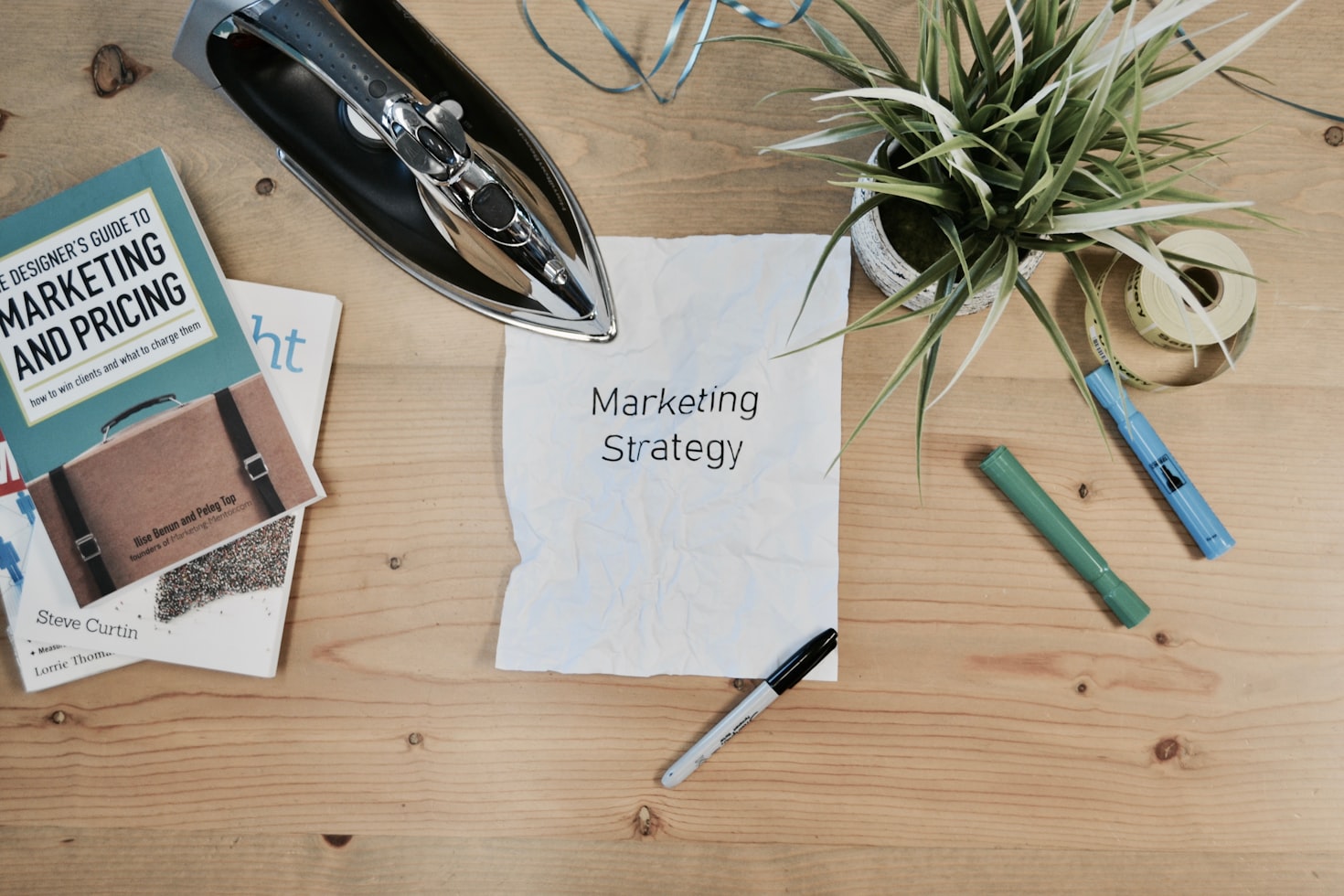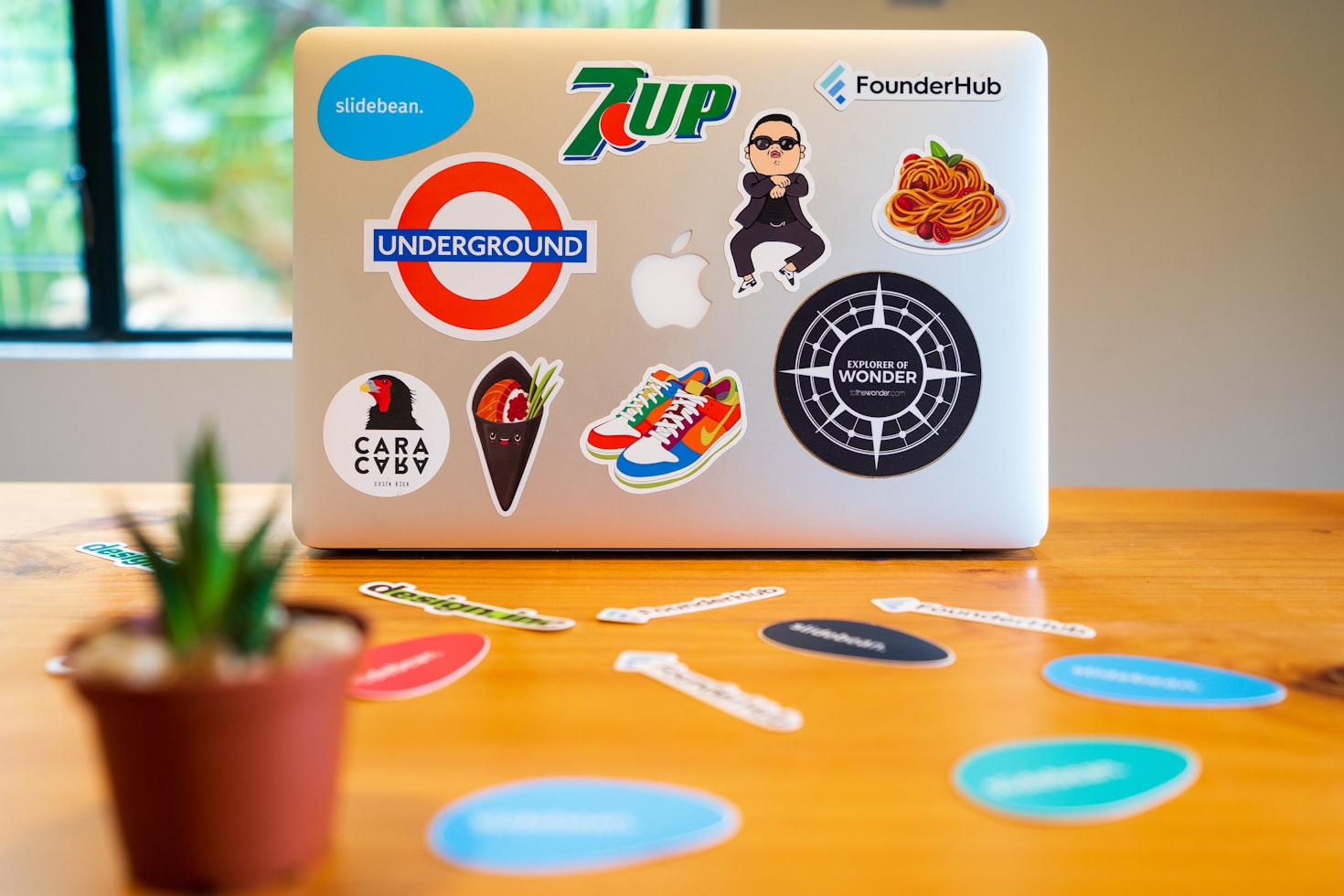You will find this article both entertaining and enlightening for it will help you clearly see what stage you’re at in your music career or if you should pursue this path at all if you’re a newcomer. While of course there are exceptions to the rule, these are the 7 stages you’ll go through until you meet financial independence and enough stability to call yourself a music artist when filing your taxes. Read on and take notes!
Stage 1: Artist treats his/her music passion as a hobby.

This is the very beginning. The times when you’re having fun and creating songs with no future planning and everything you do is for the sheer joy it brings you. You are fascinated by recording in the studio, you attend local gigs and shows, and you release amateur songs every now and then with no expectations. It’s also that weird place where you can’t say you’re a musician because your living costs are supported by another job you have (or your family), but you’re also not not a musician because that’s all that you talk about.
Stage 2: Artist realizes he/she wants more and steps up production quality.

This is a very fun and revelatory transition. After you’ve had your fun dipping your toes in music, you’re then hit with the realization that this hobby is costing you money, time, energy, and somehow you seem to make even the impossible happen to keep it going. So it only makes sense for you to now start taking your passion more seriously and try to turn it into a regular income. Consequentially you prick up your ears every time a song comes on the radio, a new artist is announced, a new song goes viral. You realize that these artists’ songs are of much higher quality than yours. You understand you now need a professional sound engineer to mix and master your tracks. Little do you know that this is just the tip of the iceberg.
Stage 3: Artist realizes great music isn’t enough and gets interested in marketing.

Boy… The discouragement you feel when you hit the “great music isn’t enough” revelation. All that bullsh*t you’ve heard and made yourself believe, that good music finds its way to you, that you only need to be a great artist and everything will just unfold itself before you, that you can make it organically without putting in any serious finances, is nothing than just that: bullsh*t. And most likely it was bullsh*t created by some very smart record label that wanted to market their industry plant ( “an artist who has a major/indie label backing their movement but presents themselves as a ‘homegrown start-up’ to create the illusion of an organic following”) as an organic act and they’ve put on this charade of the artist having made it on his/her own so they can sell more units. But you’re so deep in now you realize you can’t go back and you don’t want to. So what do you do instead? You go deeper. You are now interested in marketing.
Stage 4: Artist realizes marketing without branding is futile.

Thanks to the likes of Instagram and TikTok who’ve made paying for advertisement as easy as logging in on their platforms, a lot more indie artists comprehend the vital role of getting your product in front of as many eyeballs as possible. You run those ads, you start seeing likes, comments, follows, and you feel like you’ve finally understood the missing key in your career. NOT. If you’re fortunate enough to have the budget, you’ll keep running those ads until you realize that they don’t really materialize into something you can monetize: you have higher numbers on the posts you promote and you’re back to 10 likes on the ones you don’t. And you most definitely can’t run those ads forever only to fall back to square one the minute you don’t. So you start digging and asking questions. If you’re persistent and logical, you’ll discover that even more important than marketing is… *DRUM ROLL*… Branding.
Stage 5: Artist takes a step back to build his/her brand identity.

Good job. You’re now way closer to the final line of the struggle period of your artist life but still have plenty of lessons ahead. At this stage, you realize you’ve been working and releasing music in the dark. That you never had a brand statement, a consolidated brand image, a consistent sound in your product, a professional biography, a final destination for your fans. You start thinking like an entrepreneur and you start seeing why the biggest artists have succeeded and why the 90% fail. You also realize that for you to build your brand properly, all the amateurish content from before has to go. And equally important, you now see how not having a final destination for your fans, aka your own website independent of any social media hubs, is costing you all the money you’ve spent until this very moment. So you go full stop on everything and go back to the drawing board (some artists even disappear for a long time in order to rebrand themselves). This is when it’s intelligent of you to hire professionals who’ve done branding for other artists as you can’t see yourself through the eyes of the market. No artist can. You need someone else’s view of you to successfully build your music brand.
Stage 6: You still can’t break the glass ceiling because you’re missing ONE thing.

If you have your brand identity properly built, your website carefully curated, your music is of the highest quality, and you’re running consistent ads… You’re building a fanbase. But you’re not getting sponsors knocking at your door. Why does that happen? Welp… You are the main and the only character in your story who’s advertising your greatness. Imagine if Jeff Bezos was the only person on this planet tweeting and posting on IG 24/7 about how awesome Amazon is and how you should pay for Prime service. We assure you, no one would blink a f*cking eye because no one would care. This pre-final stage is what separates the underground from mainstream acts: third-party approval, aka PRESS. Why do you think ALL record labels are in cahoots with magazines, blogs, TV stations, radio stations, YouTubers, celebrities? Because those plugs are VITAL to legitimize the efforts of the artist’s branding and marketing. You could most seriously have the most expensive music video on the market paired with the coolest song and you wouldn’t sell enough units to break any charts until it becomes socially cool to support you. And you only achieve that through third parties talking and writing about you. Press = Clout.
Stage 7: Artist is now fully developed and starts earning his first serious dollars.

Now you have ended the hardest part of your artist career: the foundation. You’re completely developed, you know who you are, you have clout, your fanbase is solid, your music is excellent, your visuals match your message, in three words: you are ready. And BAM! Like magic, you start seeing your DMs fill up with other artists asking your collaboration rates, venues inquiring about your live fees, agents interested in representing you, labels possibly signing you. And you earned it all. Every single bit of it. You are also, more likely than not, very f*cking tired but you’ve finally reached that sweet spot that for years you could only dream of.
Blue Rhymez Entertainment ©2021
If you want to make the world a better place by helping 50 arduous indie artists working 24/7 to give you authentic music, stream the playlist below.

Yo, to read this article was nothing short of being plunged into an epic odyssey man!
Props to whoever who contributed this masterpiece!
LikeLike